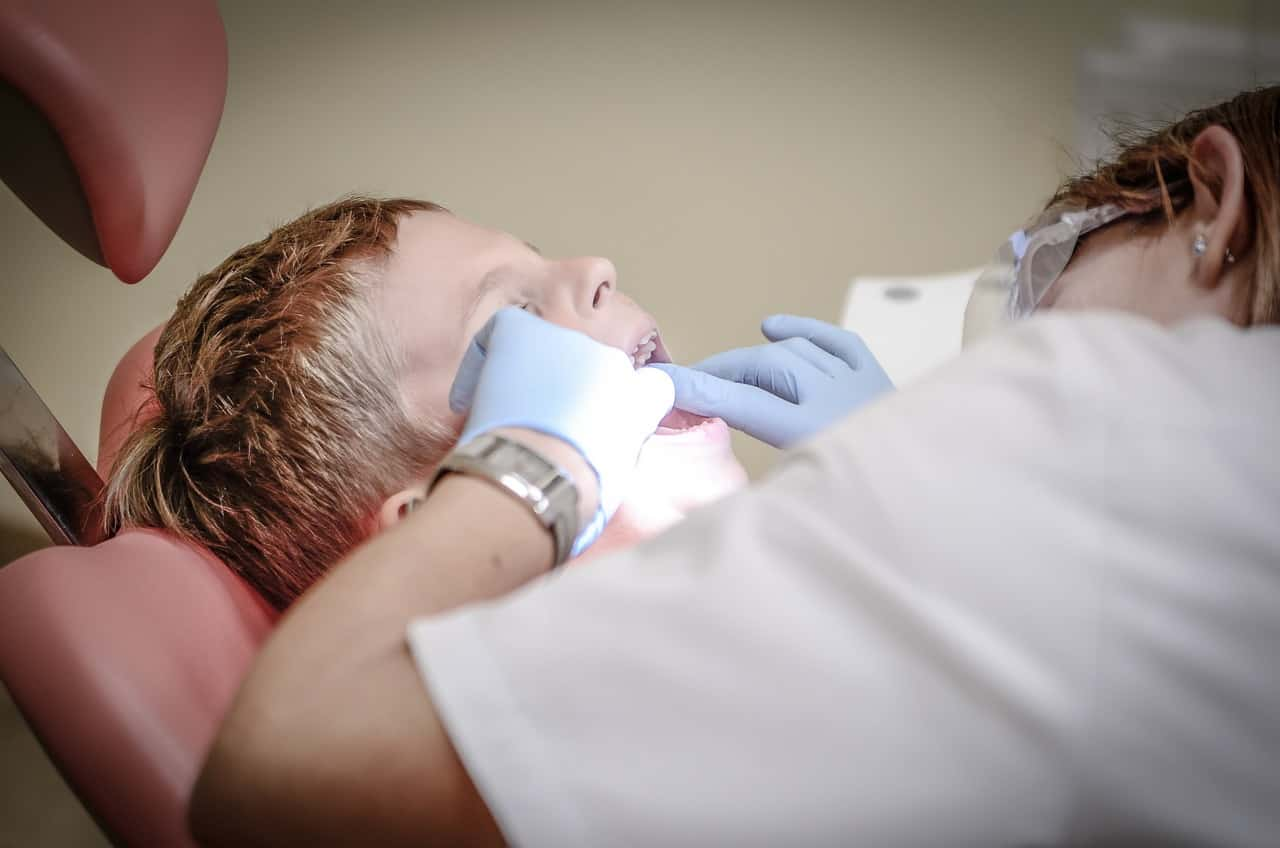
Buying a dental practice can be a complex process, but with the right advice you can set yourself and your practice up for success from the outset.
In this article, we consider strategies which will protect your business, what should be included in the purchase contract and some considerations specific to dental business transactions.
Here are 9 key issues you should consider when buying a dental practice:
1. THE BUSINESS STRUCTURE IS CRUCIAL
There are numerous ways to structure the business for your practice. Your business structure should provide flexibility that suits your business strategy, maximises asset protection and minimises tax.
You will need to consider whether you will operate as a sole trader, enter into a partnership or use a company or trust. One business structure is not right for everyone. You should ensure that your structure is well thought out, set up and is supplemented with the appropriate legal frameworks.
2. THE CONTRACT MUST PROTECT YOUR INTERESTS
Contracts for the sale of a dental practice will involve a negotiation of the terms between the parties. A lawyer will carefully prepare, review and explain the contract and ensure that the conditions cover issues relevant to your particular business purchase.
Special Conditions may need to be included for your protection, for example to make the contract subject to you obtaining preferred provider status or a transfer of the seller’s radiation possession licence. The Contract should also include provisions which make the seller’s warranties adequate and the restraint clause is sufficient to prevent the seller from competing with your business after the purchase is completed.
3. SPECIAL CONDITIONS FOR A SMOOTH TRANSITION
To ensure the least possible interruption to business after settlement, special conditions requiring the seller to be available to provide assistance to you for a certain period can be inserted into the Contract. This would include introducing and recommending you to all of their current patients in writing, providing you with all trading information and patient databases, and transferring any necessary software licences.
4. ISSUES MAY BE IDENTIFIED DURING LEGAL DUE DILIGENCE
One of the most important steps in purchasing a dental business is to conduct due diligence investigations. You may wish to engage an accountant to assist you in the financial investigations in relation to the price being negotiated.
However, a due diligence should not be limited to financial investigation. It should also include searches and the legal review of any leases or franchise agreements that are assigned to the practice. It can be extremely valuable to have the terms of the purchase reviewed and obtain advice on any foreseeable risks.
5. THE PURCHASE MUST INCLUDE THE REQUIRED STOCK, EQUIPMENT AND INTELLECTUAL PROPERTY
For the successful transition of a dental practice, it is vital that the equipment and stock of the practice is available to you immediately following settlement. The Contract should include all necessary items included in the sale and required by the practice. It must also specify trademarks, business names, websites and phone numbers which are part of the sale.
6. YOU MAY INHERIT OBLIGATIONS UNDER OTHER AGREEMENTS
You will need to consider whether there are any obligations that you will inherit upon completion of the transaction. For example, will you have any obligation under an existing lease being assigned to you? If there is only a short term left on the existing lease, the contract may need to be subject to you entering into a new lease.
If there are supplier agreements in place, special conditions should be drafted into the contract to allow you to renew or negotiate them. There may also be equipment which the business hires, which you will need to continue to pay for.
7. FRANCHISOR CONSENT MAY BE REQUIRED
If your business is a franchise, consent will need to be obtained from the franchisor prior to the settlement date. Franchise agreements will also need to be reviewed and the related transfer fees will need to be considered.
8. YOU MAY BENEFIT FROM A PARTNERSHIP AGREEMENT
Negotiating a partnership agreement can be a highly effective way to govern the relationship with your business partner. A well drafted agreement helps promote your business structure and covers issues that aid in the daily running of the business. For example, details on voting rights, profit shares and the terms surrounding termination of the partnership.
9. YOU WILL HAVE OBLIGATIONS AS AN EMPLOYER
It is important to consider whether there are any employment contracts in place with current employees. If you are continuing or taking over employment contracts, ensure that you are aware of your obligations under the Fair Work Act 2009 and State laws.
